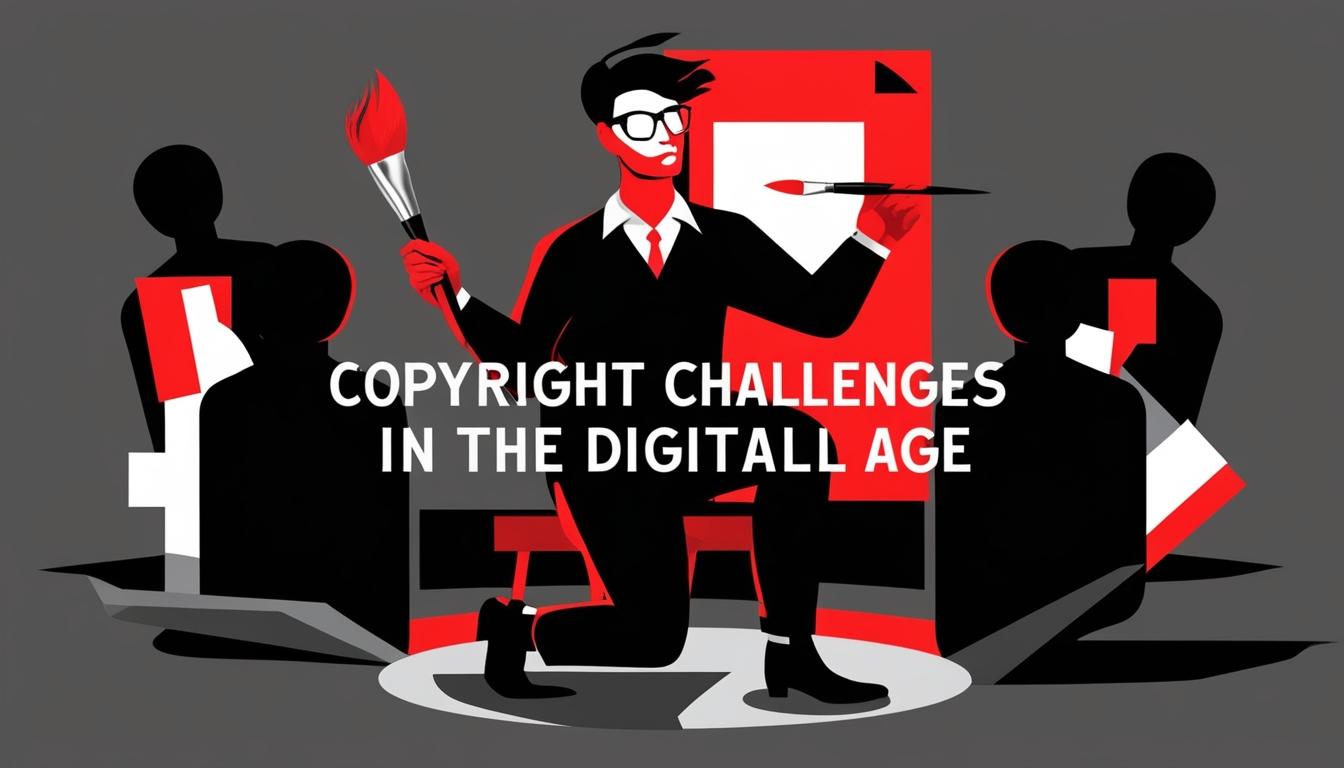The Creative Rights in AI Coalition has urged the British government to clarify the protection of copyrights held by creatives in light of Prime Minister Keir Starmer's recent proposal to position the UK as a leading artificial intelligence superpower. The governmental initiative, labelled the AI Opportunities Action Plan, asserts that uncertainty regarding intellectual property (IP) is obstructing innovation and jeopardising ambitions related to AI development. The report recommends adopting an opt-out model similar to the one currently being considered by the European Union.
In a public statement, the Creative Rights in AI Coalition emphasised the existing clarity of the UK's text and data mining policies, asserting that current copyright law does not permit the commercial use of such practices without a licensed agreement. They highlighted concerns over the unauthorised use of "the UK's creative crown jewels," suggesting the real uncertainty lies in how and who has used these works without consent. The Coalition called for enhanced transparency measures from AI companies to protect artists’ rights.
While proponents of the government’s plan suggest it could revolutionise various sectors, including healthcare, it has sparked apprehensions within the creative industries. These sectors are already confronting the implications of generative AI applications using copyrighted works without appropriate permissions or compensation.
Concerns over the proposed opt-out system have been raised, as the government suggests it will assume that all works are available for AI training unless the creator actively opts out. Critics point to the lack of clarity regarding the implementation of this system, which could create significant challenges for individual creators attempting to safeguard their work. Ed Newton-Rex, writing for The Guardian, remarked on the potential adverse effects, stating that Labour's strategy could disadvantage creatives in favour of attracting large, foreign AI companies that have been active in lobbying for such changes.
The government is currently engaged in a consultation process regarding AI and copyright, which is expected to last an additional six weeks. This raises questions about the potential outcomes of the consultation and how they might align with the government's earlier recommendations.
Addressing the implications of the proposed changes, Jill Bainbridge, Head of Intellectual Property at Harper James law firm, warned that small businesses and independent artists may face the most significant challenges. Bainbridge noted that the logistics of opting out may prove more manageable for larger creative enterprises, which typically possess dedicated legal teams.
According to the Creative Rights in AI Coalition—which represents a diverse array of professionals, including illustrators, writers, photographers, and musicians—a recent survey conducted by Reset Tech and YouGov revealed that 72% of respondents believe AI companies should pay royalties to creators, while 80% feel these companies should disclose the materials used to train their AI models. In response to the government's strategy, the Coalition has encouraged creators to engage with their local MPs to advocate for reconsideration of the proposed policies. Further information is available on their official website.
Source: Noah Wire Services
